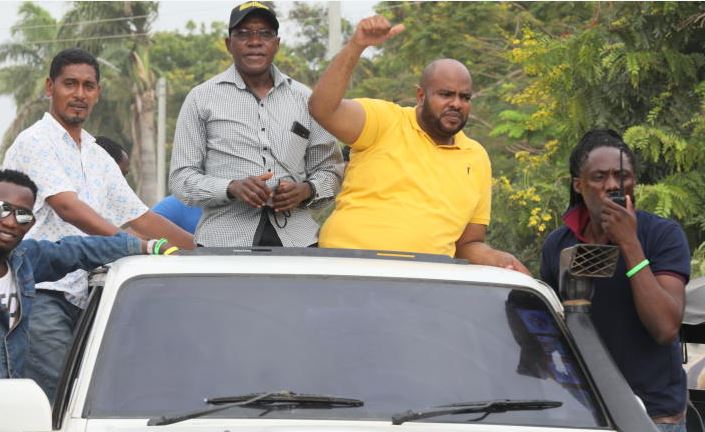
The by-election in Msambweni reminds us that in the end history is about the common people. Traditionally, history has been understood to be the preserve of royalty, in its majesty and misery. It has talked of regal frolics and conspiracies, as well as conquests and misfortunes of great military generals.
When they talk of rise and fall of empires only the monarchs matter. The people are objects on the landscape, part of the theatres in which the mighty perform. In a sense, this grand tradition of history refuses to go away. Journalism, for example, remains much focused on presidents, prime ministers and the rich and famous. Ordinary people don’t make news. Accordingly, they don’t make history either. Journalism students are taught that prominence is a major news quality. And prominence is about royalty, stardom and wealth. Common people are prominent only in massive happenings, like disasters. Even then, they remain statistics.